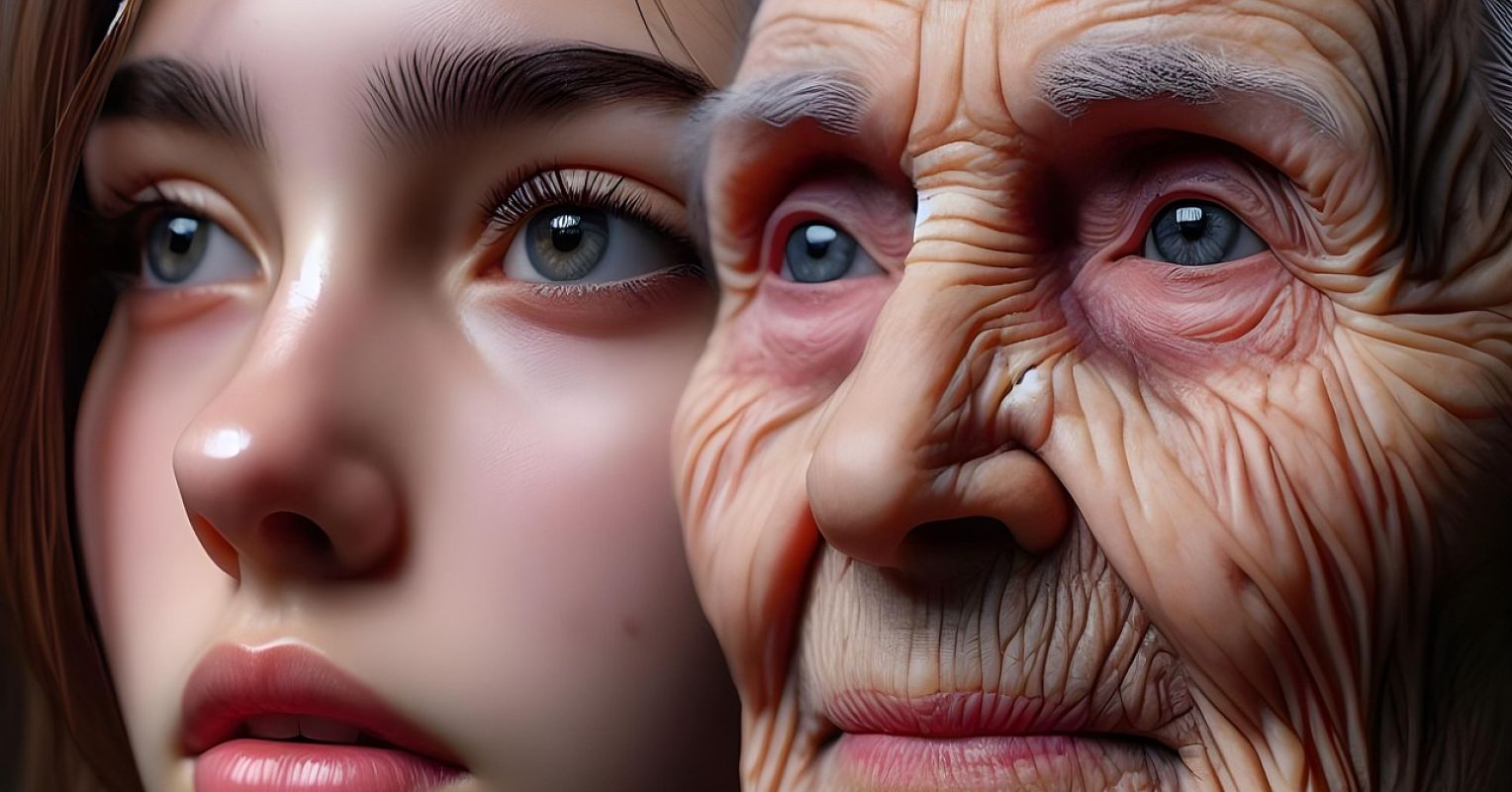
"Here is the most profoundly important, and most profoundly obvious, statement that you will read today: The longer you are alive, the more likely you are to die. This is true for you, your dog, the birds and the bees and lizards and reptiles and flies, etc. Why is this? What do you and these other creatures do every day that gets us all closer to death? The answer contains the solution to slowing how fast we are approaching our final days. The answer is simple: We eat."
"Food is made up of carbon atoms. A carbohydrate is a ring of carbons; a fat is a long string of carbons; a protein is a mesh of carbon atoms. The carbon atoms are held together with bonds of energy. We eat carbohydrates, fats, and proteins, and consume the energy of these bonds by breaking them. This is how we stay alive. The energy is needed for our bodies to do literally everything. For a more entertaining explanation of this process, see my TED Talk."
"Why does this process age us? The answer is in how we rid our cells of those leftover carbon atoms once we've consumed their energy. The solution was discovered over 2 billion years ago-we use the oxygen in air. Inside every cell in our body, we combine each leftover carbon atom with molecules of oxygen and exhale carbon dioxide. This is the process of living, and everything would be perfect except for one little problem: There are always a few stray oxygen molecules hanging around that don't get combined with carbon. The stray oxygen atoms cause problems that age us, slowly, one cell at a time."
Every cell accumulates age-related damage because energy extraction from food requires oxygen. Carbohydrates, fats, and proteins are carbon-based; breaking their bonds releases energy and leaves carbon atoms that combine with oxygen to form carbon dioxide. During this oxidative process a few stray oxygen molecules remain unpaired and form reactive species that damage cellular components, causing gradual aging. Slowing metabolism by eating less or reducing oxygen exposure decreases the production of damaging oxygen by-products. Consuming antioxidant foods can neutralize stray oxygen molecules and protect cells. Metabolic oxygen use and its by-products determine the pace of aging.
Read at Psychology Today
Unable to calculate read time
Collection
[
|
...
]